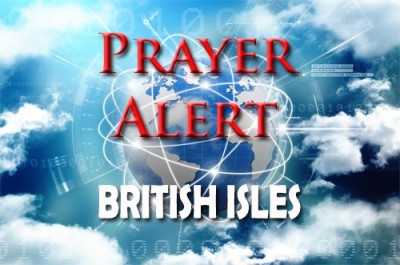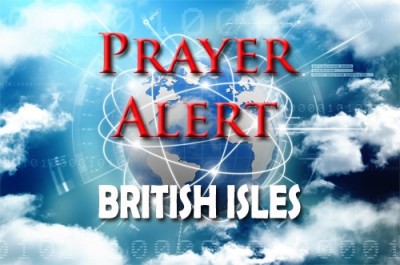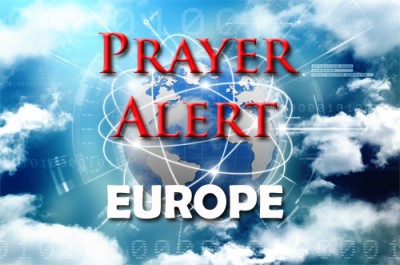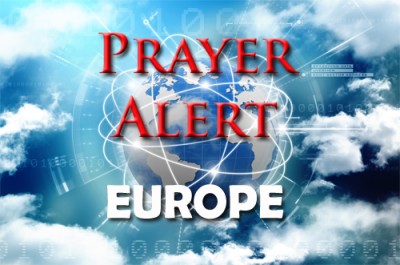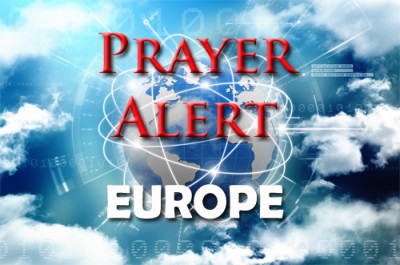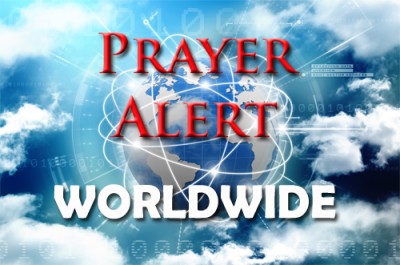UK to expand nuclear deterrent with US jets
The UK is set to expand its nuclear capabilities by purchasing twelve F-35A fighter jets capable of carrying US-made B61 nuclear bombs, marking the largest upgrade to Britain’s deterrent since the Cold War. Keir Starmer announced the move at the NATO summit in the Hague, warning that peace can no longer be taken for granted amid rising global tensions. The jets, costing £80 million each, will operate as part of NATO’s nuclear mission and be stationed at RAF Marham. This reintroduces a nuclear role for the RAF, dormant since 1998, and complements the UK's Trident submarine-based system. The decision comes amid warnings of potential attacks on UK soil and a broader strategic shift to counter growing threats from Russia and China. Starmer emphasised national security as his government’s top priority, hinting that tax increases may follow to fund defence. NATO secretary-general Mark Rutte and Donald Trump welcomed the UK’s strengthened commitment.
UK chooses death from beginning to end
In a deeply consequential week for UK society, Parliament has voted in favour of two laws radically altering the nation’s stance on life. MPs voted 379 to 137 to decriminalise abortion, effectively allowing termination up to birth, and later backed assisted suicide legislation by 314 to 291. If approved by the House of Lords, both measures will bring sweeping changes to British life and law. Critics warn the abortion vote ignores root causes such as poverty, pressure, and lack of support for women, while the assisted suicide law may create a 'duty to die' among the vulnerable. The NHS will be compelled to rewrite its constitution, and the Hippocratic Oath’s principle of 'do no harm' is under threat. Efforts to amend the bill to protect those suffering depression or feeling burdensome were rejected. These decisions mark a further departure from Biblical values in British law, sparking calls for renewed Christian advocacy, compassion, and prayerful action as society drifts from its moral foundations. See
NATO summit reaffirms collective defence, omits criticism of Russia
NATO allies, including the USA, have reaffirmed their ‘ironclad commitment’ to collective defence at a brief summit in The Hague. The final five‑paragraph communiqué emphasised unity, describing Russia as a ‘long‑term threat’ but stopping short of explicitly condemning its invasion of Ukraine, marking a shift from prior statements. In the only reference to the war, it said: ‘Allies reaffirm their enduring sovereign commitments to provide support to Ukraine, whose security contributes to ours.’ It also reaffirmed NATO’s founding tenet, that an attack on one is an attack on all, despite Trump hinting at differing definitions. A notable commitment was a pledge to raise defence investment to 5% of GDP by 2035. The toned‑down language and ambitious new spending target reflect tensions within the alliance. Meanwhile, on 24 June seventeen people were killed and over a hundred injured in a daytime Russian airstrike: see
Greece: five wildfires break out on Chios
A state of emergency has been declared on the Greek island of Chios as five separate wildfires, fanned by strong winds, are ravaging homes, farms, and infrastructure. The fires broke out within hours of each other, prompting the evacuation of seventeen communities. The authorities have launched an arson investigation, citing the suspicious timing and clustering of the blazes. They have caused widespread damage, destroying homes and cutting power across the island. Nearly two hundred firefighters, backed by aircraft and helicopters, are tackling the flames, with ninety more en route from Athens and Thessaloniki. Residents have joined in the firefighting effort, using buckets and makeshift equipment. This is the first major wildfire this summer for Greece, which is no stranger to devastating fires and extreme heat.
Venice: Jeff Bezos forced by protesters to change wedding plans
Protesters in Venice have claimed an ‘enormous victory’ after forcing US billionaire Jeff Bezos and guests to move their wedding celebration away from the city centre. The three‑day event, featuring A‑list guests like Kim Kardashian and Leonardo DiCaprio, sparked anger over the overt display of wealth and the strain caused by such a huge event. The group No Space for Bezos, supported by activists and environmental campaigners, celebrated the shift as a symbolic win for locals against wealthy elites. One activist said it demonstrated how ordinary citizens can challenge even the powerful. Venice, grappling with rising seas and rising rents, has long been a flashpoint for debates about sustainable tourism and economic equity. City authorities criticised the protest, citing the benefits that wealthy visitors bring. Yet activists insist that the issues of over‑crowding, rising costs, and climate vulnerability must be addressed. The wedding itself will of course proceed, but for many Venetians, this moment has highlighted urgent questions about the future of their historic city.
Iran: Trump admits to doubt on damage to Iran’s nuclear sites
After a US bombing campaign targeting Iran’s nuclear facilities, Donald Trump and US defence secretary Pete Hegseth offered conflicting assessments of its impact. At first, Trump claimed total obliteration, later suggesting the damage might have been ‘moderate’ or ‘severe’, while a leaked Pentagon assessment concluded the setback was only a matter of months. CIA director John Ratclife insisted that critical sites like Fordow had been rendered inoperable for years, while Israel announced that the strikes had pushed Iran’s programme back significantly. Meanwhile, questions emerged about Iran’s highly enriched uranium, some of which appears to have been moved prior to the attacks. The IAEA warned that different estimates of how long it will take Iran to rebuild distracted from the larger issue of long‑term non‑proliferation, and the risk of Iran expelling inspectors and leaving the non-proliferation treaty altogether.

